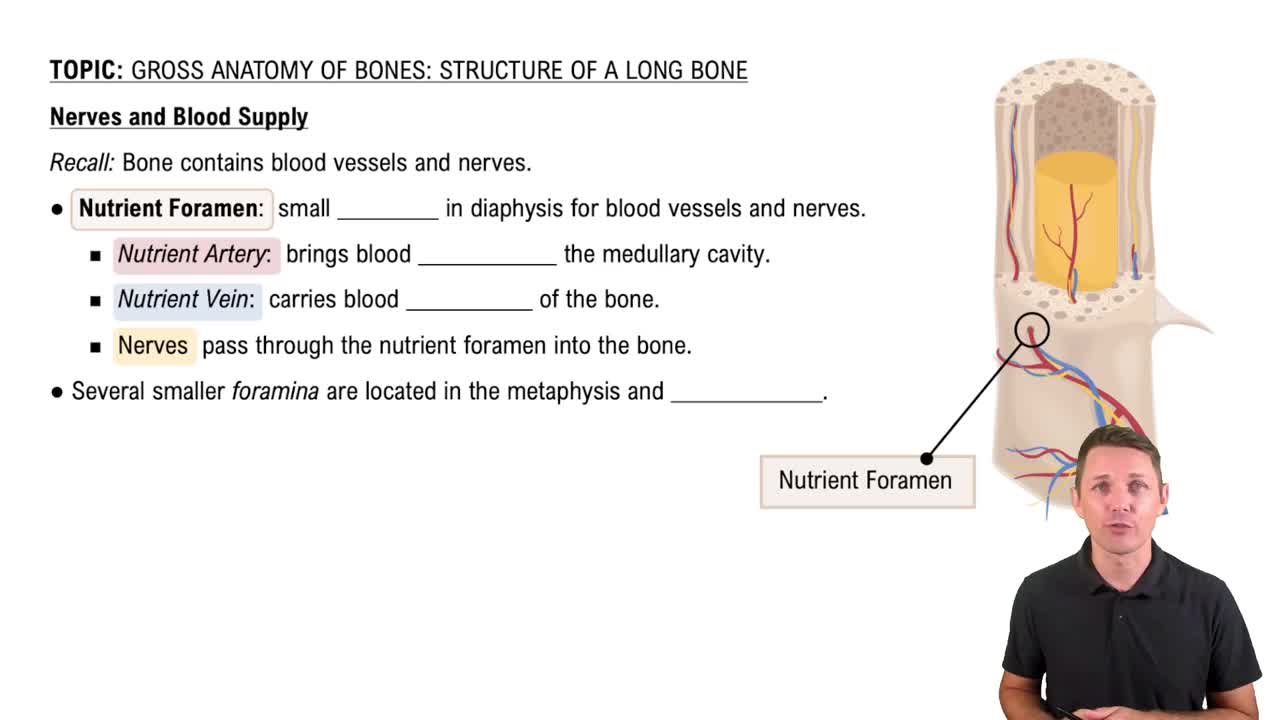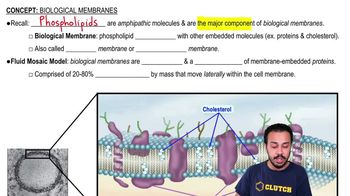Textbook Question
Which of the following muscle groups is considered muscles of inspiration?
a. External intercostal muscles
b. Internal intercostal muscles
c. External oblique muscles
d. Internal oblique muscles
277
views
 Verified step by step guidance
Verified step by step guidance



Which of the following muscle groups is considered muscles of inspiration?
a. External intercostal muscles
b. Internal intercostal muscles
c. External oblique muscles
d. Internal oblique muscles
Predict the location and function of the flexor digitorum profundus muscle based only on its name.
Mr. Bell presents with the inability to move certain muscles on one side of his face. You ask him to make various facial expressions and find that on his right side he is unable to purse his lips, pull in his cheeks, elevate his upper lip, and smirk. What muscles is Mr. Bell unable to contract?